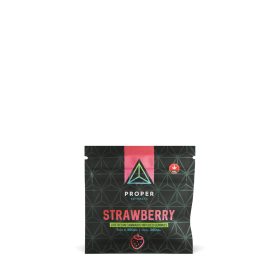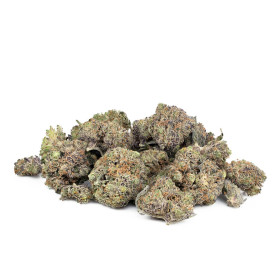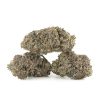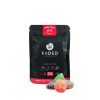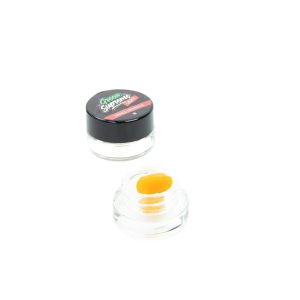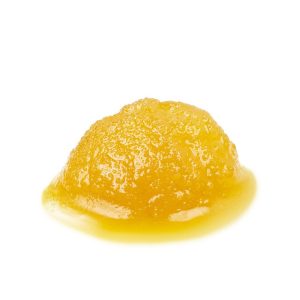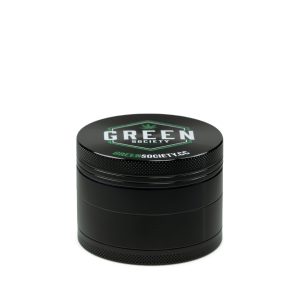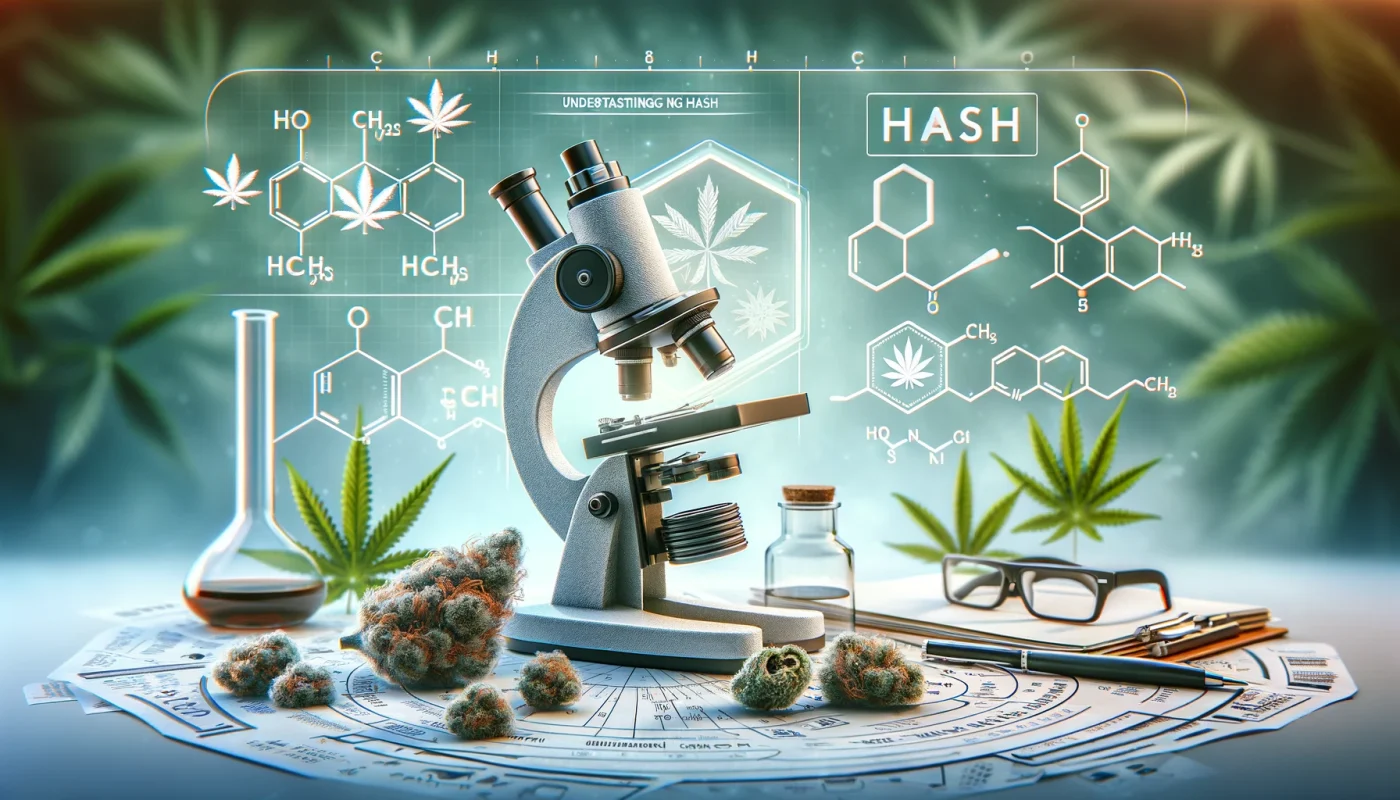Marijuana
The Science of Hash: Understanding Its Potency and Effects for Canadians
In recent years, the conversation around cannabis and its derivatives has evolved significantly, especially within the Canadian context following legalization. Among the various products available, hash (or hashish) stands out due to its history, potency, and unique effects on the body. This article delves into the science of hash, focusing on its THC content, how it influences the body, and how it compares with other cannabis products.
What Influences the Potency of Cannabis?
The potency of cannabis, including hash, is primarily influenced by its THC (tetrahydrocannabinol) content. THC is the psychoactive compound that gives cannabis its intoxicating effects. Factors affecting THC concentration include the strain of the cannabis plant, the conditions under which the plant was grown, and the method of hash production. For instance, hash made using modern extraction methods often has a higher THC concentration compared to traditional methods.
Understanding Hash and Its Potency
Hash is a concentrated form of cannabis made by isolating the trichomes from the plant. These trichomes contain the highest concentration of cannabinoids, including THC, which is why hash is generally more potent than traditional cannabis flower. The potency of hash can vary significantly, with THC levels ranging from 20% to 60%, depending on the production method and the source material used.
CBD Hash vs. THC Hash
The main difference between CBD hash and THC hash lies in the dominant cannabinoid. CBD hash is rich in cannabidiol (CBD), a non-psychoactive compound known for its therapeutic benefits without inducing a high. Conversely, THC hash is high in THC and produces psychoactive effects. Users choose between CBD and THC hash based on the desired effects, whether they are seeking relief from anxiety, pain, and inflammation without intoxication (CBD hash) or a potent psychoactive experience (THC hash).
For more insights on how hash differs from weed and its unique characteristics, this comprehensive resource offers valuable information (https://www.cleanrecoverycenters.com/what-is-hash-and-how-is-it-different-from-weed/).
The Highest THC Content in Hash
The THC content in hash can vary widely, but some of the most potent hash products on the market have THC concentrations as high as 60%. These high-potency products are often the result of modern extraction techniques, such as ice water hash or rosin, which are capable of isolating and concentrating cannabinoids effectively.
The Science Behind THC and Anxiety
The relationship between THC and anxiety is complex and can be influenced by several factors, including the user’s psychological state, the environment, and the THC dose. While low to moderate doses of THC can produce relaxing and euphoric effects, potentially alleviating anxiety, higher doses may exacerbate anxiety and lead to discomfort or paranoia in some individuals. The science suggests that THC’s effect on anxiety operates on a bell-shaped curve, where its anxiety-reducing benefits peak at a certain dose before leading to increased anxiety at higher doses.
Comparing Hash with Other Cannabis Products
When comparing hash to other cannabis products, its higher potency is the most notable difference. While traditional cannabis flowers typically contain 10-25% THC, hash can exceed this range significantly. This makes hash a preferred option for users seeking stronger effects with smaller quantities. Additionally, the consumption method differs; hash can be smoked, vaporized, or added to edibles, offering versatility in use.
Conclusion
Understanding the science behind hash, including its potency and effects, is crucial for Canadians navigating the cannabis market. The distinction between CBD and THC hash, the factors influencing potency, and the potential effects on anxiety are key considerations for informed consumption. As the cannabis industry continues to evolve, staying informed about products like hash will help users make choices that best fit their needs and preferences.
By exploring the nuances of hash’s potency and its impact on the body, Canadians can better appreciate the complexities of cannabis consumption and its place within the broader landscape of legal cannabis use.


